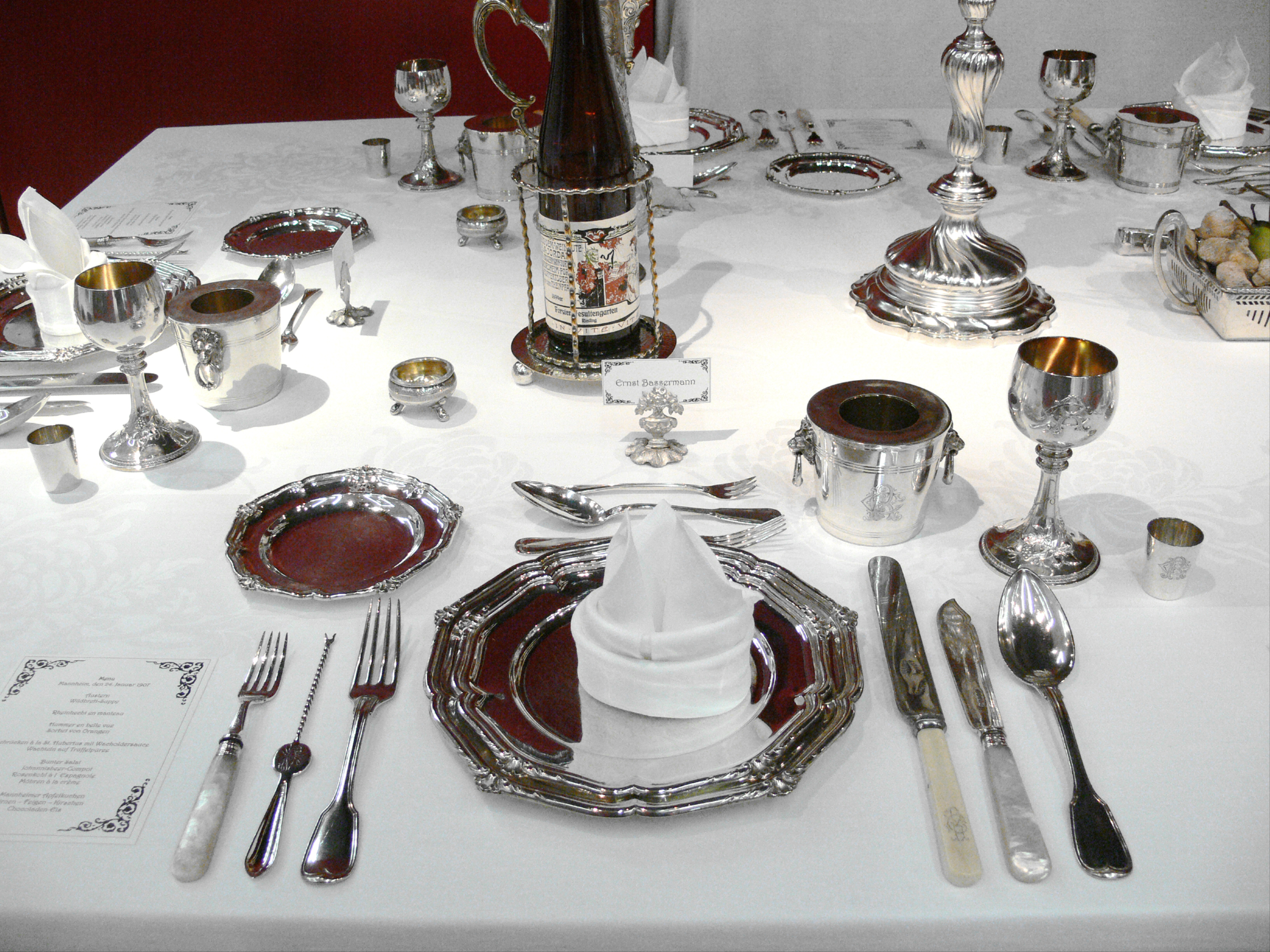Welcome to our guide on responding to Spanish greetings in the afternoon! In this article, we will explore the various ways you can reply to the common Spanish greeting, “Buenas tardes.” Whether you’re a beginner or looking to enhance your conversational skills, we’ve got you covered with practical tips and phrases. So, let’s dive in and learn how to gracefully respond to “Buenas tardes” like a native speaker!
Crafting Your Response
Crafting your response to Spanish greetings “Buenas Tardes” requires attention to etiquette and cultural norms. Start by acknowledging the greeting with a friendly “Buenas Tardes” in return. If you want to extend the conversation, you can add a polite phrase such as “¿Cómo estás? ” (How are you? ). If it’s appropriate, you can inquire about someone’s day or plans by asking “¿Qué tal tu día?
” or “¿Tienes planes para esta tarde?
Expressing Gratitude for the Greeting
When someone greets you with “Buenas Tardes” (good afternoon), responding with gratitude is a polite gesture. A simple and common response is “Gracias” (thank you). This shows appreciation for the greeting and acknowledges the person’s kindness. If you want to add a personal touch, you can say “Gracias, igualmente” (thank you, likewise) to wish the person a nice afternoon as well.
Acknowledging the Time of Day
When responding to Spanish greetings of “Buenas Tardes,” it is important to acknowledge the time of day. This greeting, which translates to “Good afternoon,” is typically used from around 2: 00 PM until 8: 00 PM. To respond, you can simply say “Buenas Tardes” back or use a similar greeting like “Igualmente” or “Igualmente para ti.
” It is important to be attentive and respectful when responding to greetings, as it shows your appreciation for the culture and language.
Compliments and Well-Wishes
When responding to Spanish greetings like “Buenas tardes,” it’s polite to offer compliments and well-wishes. You can use phrases like “I hope you’re having a nice day” or “I wish you a pleasant afternoon.” These small gestures show that you appreciate the greeting and acknowledge the other person’s presence. Additionally, if the conversation allows, you can inquire about their plans for the evening or ask if they have any special dinner arrangements.
Proposing Future Plans
When responding to Spanish greetings like “buenas tardes,” it’s important to be polite and show appreciation. A simple and common response is to say “igualmente,” which means “likewise” or “you too. ” This acknowledges the greeting and reciprocates the well-wishes. If you want to propose future plans, you can say something like “¿Tienes planes para esta tarde?
” which means “Do you have plans for this afternoon? ” This shows interest in spending time together and opens the door for further conversation.
Sharing Appreciation
When responding to the Spanish greeting “Buenas tardes,” it’s important to show appreciation. A simple and polite response is “Buenas tardes también,” which means “good afternoon to you too.” This acknowledges the greeting and shows respect.
Humorous Reactions to the Time

Humorous reactions to the time can add a touch of fun to your Spanish greetings. When someone says “buenas tardes” (good afternoon), you can respond with a playful twist. For example, you could say, “Buenas tardes, ¿ya es hora de cenar? ” (Good afternoon, is it already dinner time? ). This light-hearted response can bring a smile to the other person’s face.
Another playful option is to say, “¡Buenas tardes! ¿Ya te bañaste en el río Tardes? ” (Good afternoon! Have you taken a bath in the Tardes river yet? ). These humorous reactions show your creativity and can help break the ice in conversations.
So, don’t be afraid to add a touch of humor to your Spanish greetings.
A Promise to Connect Later

When responding to Spanish greetings like “Buenas tardes,” it’s important to acknowledge the polite gesture and show your willingness to connect later. You can say something like “¡Buenas tardes! Gracias por tu saludo. Prometo ponerme en contacto contigo más tarde. ” This conveys your appreciation and commitment to follow up.
Make sure to use the appropriate level of formality based on the context and the person you’re speaking to.
Wishing Well in Return
When someone greets you with “Buenas Tardes,” a polite response would be to wish them well in return. You can simply reply with “Buenas Tardes” to reciprocate the greeting. This shows that you acknowledge their greeting and are also wishing them a good afternoon. It’s a polite and friendly way to engage in conversation.
Suggesting a Shared Meal

To deepen your connection with someone you’ve greeted “Buenas Tardes,” consider suggesting a shared meal. Sharing food is an important aspect of Spanish culture, and it can be a great way to bond with others. You can invite them to a local restaurant or even suggest cooking a meal together. This gesture shows your interest in getting to know them better and creates an opportunity for a meaningful conversation.
Reciprocating Kind Sentiments
When someone greets you with “Buenas tardes,” it’s polite to respond in kind. You can reciprocate the kind sentiment by saying “Buenas tardes” back. This simple gesture shows that you acknowledge the greeting and are friendly. It’s also a great way to start a conversation or build rapport. In Spanish culture, politeness is highly valued, so taking the time to respond to greetings is important.
Light-Hearted Surprise at the Hour

In Spanish greetings, the phrase “buenas tardes” is used to say “good afternoon.”
A Playful Request for a Favor
If someone greets you with “Buenas tardes” in Spanish, it means “good afternoon. ” Responding with a playful request for a favor can help create a friendly atmosphere. You can say something like, “Buenas tardes! ¿Podrías ayudarme con algo por favor? ” which translates to “Good afternoon!
Could you help me with something, please? ” This approach shows your willingness to engage and connect with the person.
Responding During a Challenging Day
Responding during a challenging day can be tough, but it’s important to maintain a positive attitude when interacting with others. When someone greets you with “buenas tardes” (good afternoon), it’s polite to respond with the same greeting. If you’re having a difficult day, try to put on a friendly face and respond with a genuine “buenas tardes” back. It may not be easy, but it can make a difference in someone else’s day.
Bringing Closure to the Conversation
When responding to Spanish greetings of “Buenas Tardes,” it’s important to bring closure to the conversation. One way to do this is by acknowledging the greeting and reciprocating with “Buenas Tardes” or “Igualmente” (likewise). This simple response shows politeness and helps to wrap up the interaction. If you want to add a personal touch, you can also say “Que tenga una buena tarde” (have a nice afternoon).
Final Considerations on Evening Etiquette
When responding to Spanish greetings in the evening, it is important to be polite and respectful.

